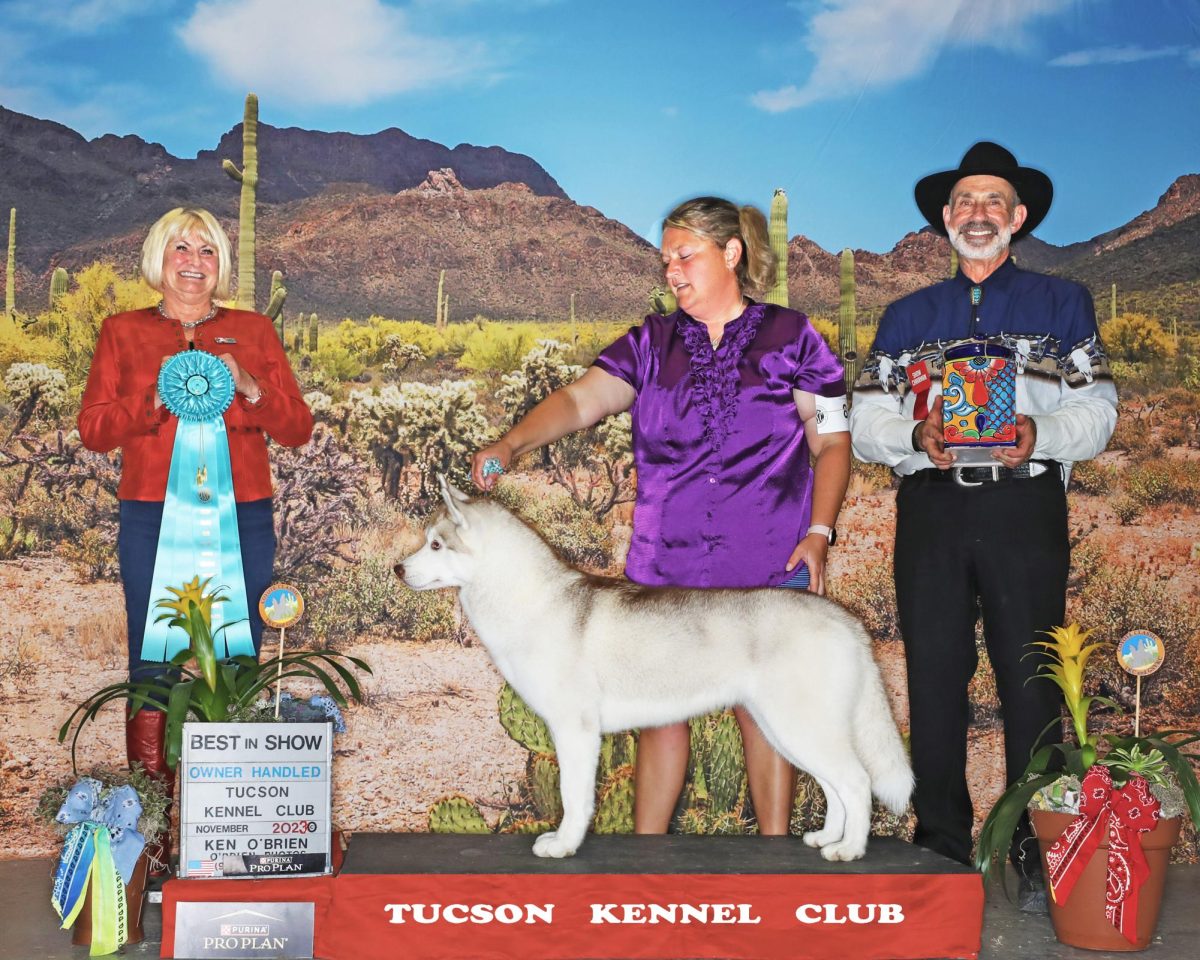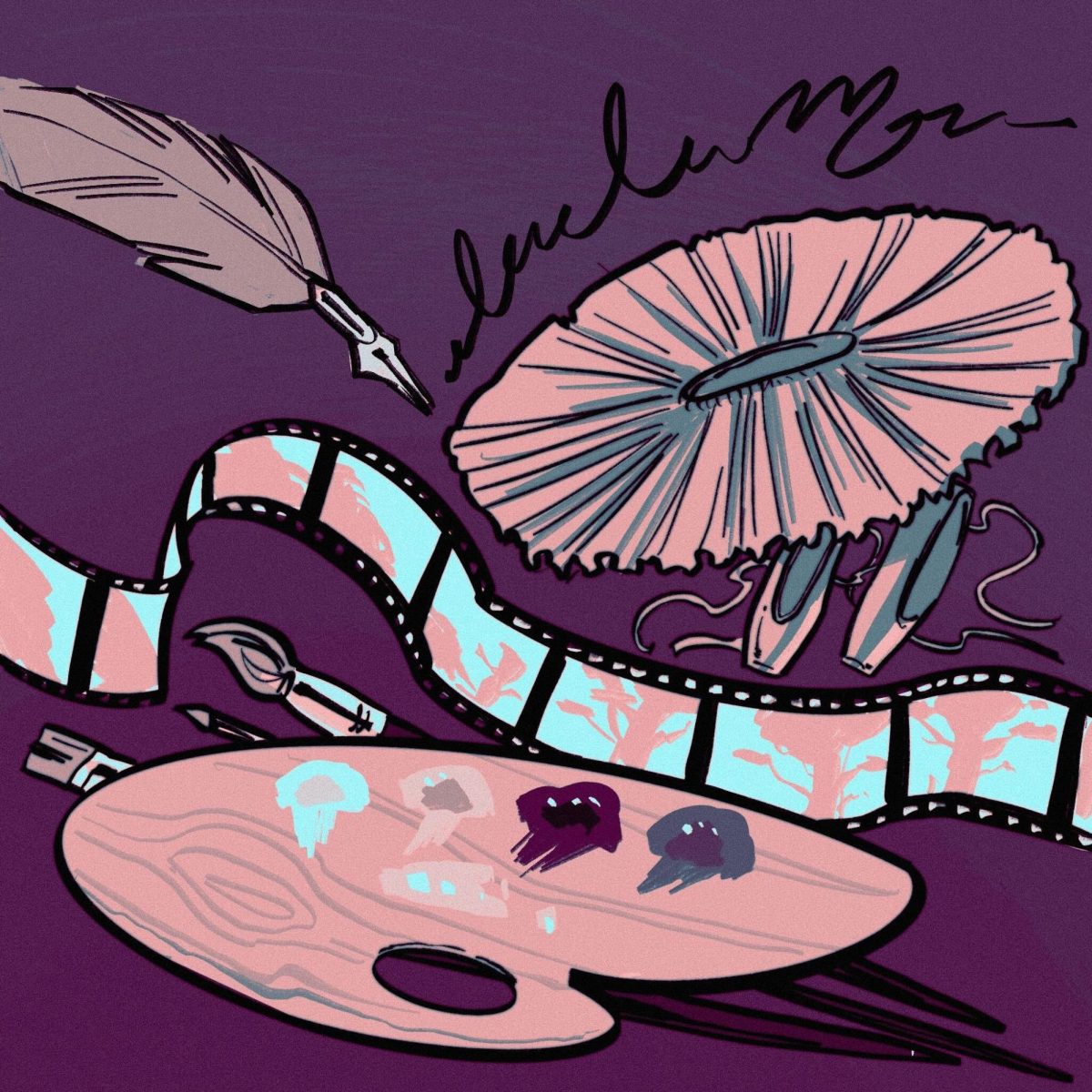The Tucson Festival of Books was canceled due to authors pulling out last minute amid concerns over COVID-19. However, the stories are published online for the journalist that wish to use these as clips.
Author, poet and seasoned professor Ofelia Zepeda was to be featured at the Tucson Festival of Books for her innovative preservation of Tohono O’odham language and culture through education and poetry.
Zepeda, co-founder of the American Indian Language Development Institute, is a renowned contributor to the study, education, preservation and poetry of her native language of O’odham. She received her graduate degree in linguistics at the University of Arizona and teaches undergraduate linguistics and the O’odham language here today.
Zepeda’s passion for education remained strong throughout her academic career, and she explained that it stems from the early days, back when she was a graduate student. During this time, she was developing teaching materials for O’odham that eventually led to her writing “A Tohono O’odham Grammar,” the first ever book on O’odham grammar.
“I’d been working with educators here in the Tucson area and also on the O’odham reservation, teaching literacy to O’odham classroom teachers,” Zepeda said.
RELATED: Local musician, educator made finalist in the Governor’s Arts Awards
After receiving her doctorate, Zepeda was hired by the American Indian Studies department at the UA, which she directed for five years, and later the Linguistics department.
Zepeda was inspired to write poetry from her O’odham classes. She encouraged her early students to write snippets in O’odham here and there because they needed a way to write what they were learning. These small works resembled short stories or poetry, so Zepeda turned them into just that.
Writing in O’odham is an “additional skill” to Zepeda rather than a necessity.
“O’odham, like many Native American languages, is still primarily an oral language,” Zepeda said. “The majority of the population don’t read or write because there is no need for it.”
Zepeda believes it is important to hear indigenous languages and realize they are still widely used in our world. Reading in O’odham gives wide audiences “an opportunity to hear a language that most have never heard before,” Zepeda said.
According to Zepeda, some people are still surprised to hear indigenous languages because they are often hidden by dominant cultures. But Zepeda emphasized that all languages are adaptable — while their roots are deep in history, indigenous languages are not stuck in the past.
“These languages have a lot to offer, and they should be out there with all the others,” Zepeda said.
RELATED: Bringing Edward Curtis’ legendary photographs back to life
She noted that technology plays a major role in making languages more accessible to people these days. Now, it’s possible to learn about language and culture far from its home. But being close to a language’s home can make it more important, Zepeda said, and in the U.S. everyone is close to the home of indigenous peoples.
Zepeda said that some of her non-native students “feel it’s important to know something about the land and the people that are from here, and that language is one of the best ways to do it.” She has seen these students reach their goals, making strong friendships with people in the O’odham community.
Thanks in great part to Zepeda, there is now a sizable community of people literate in O’odham here in Tucson. While those who speak O’odham may get more out of reading Zepeda and others’ poetry in O’odham, many of her books are written in English or published with both O’odham and English poems.
“The work in [‘When It Rains’] is by educators,” Zepeda said, “It’s very appealing to lay-people because these people are not poets, they just happened to write a poem that got published.”
Follow Capri Fain on Twitter















